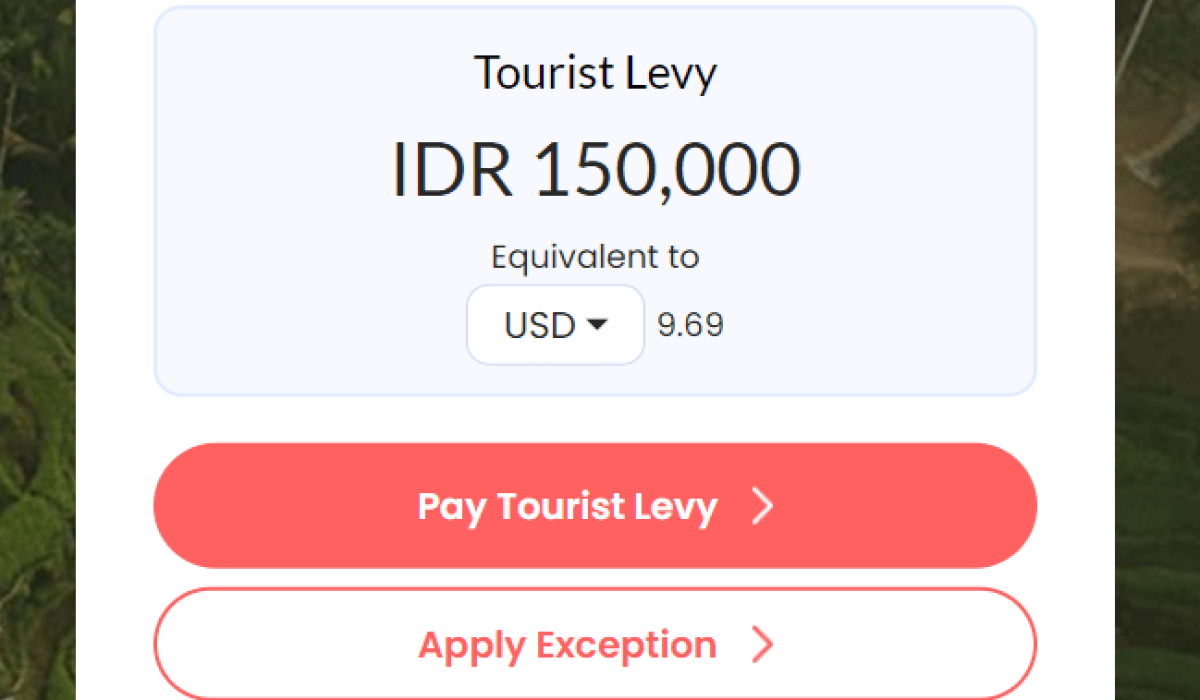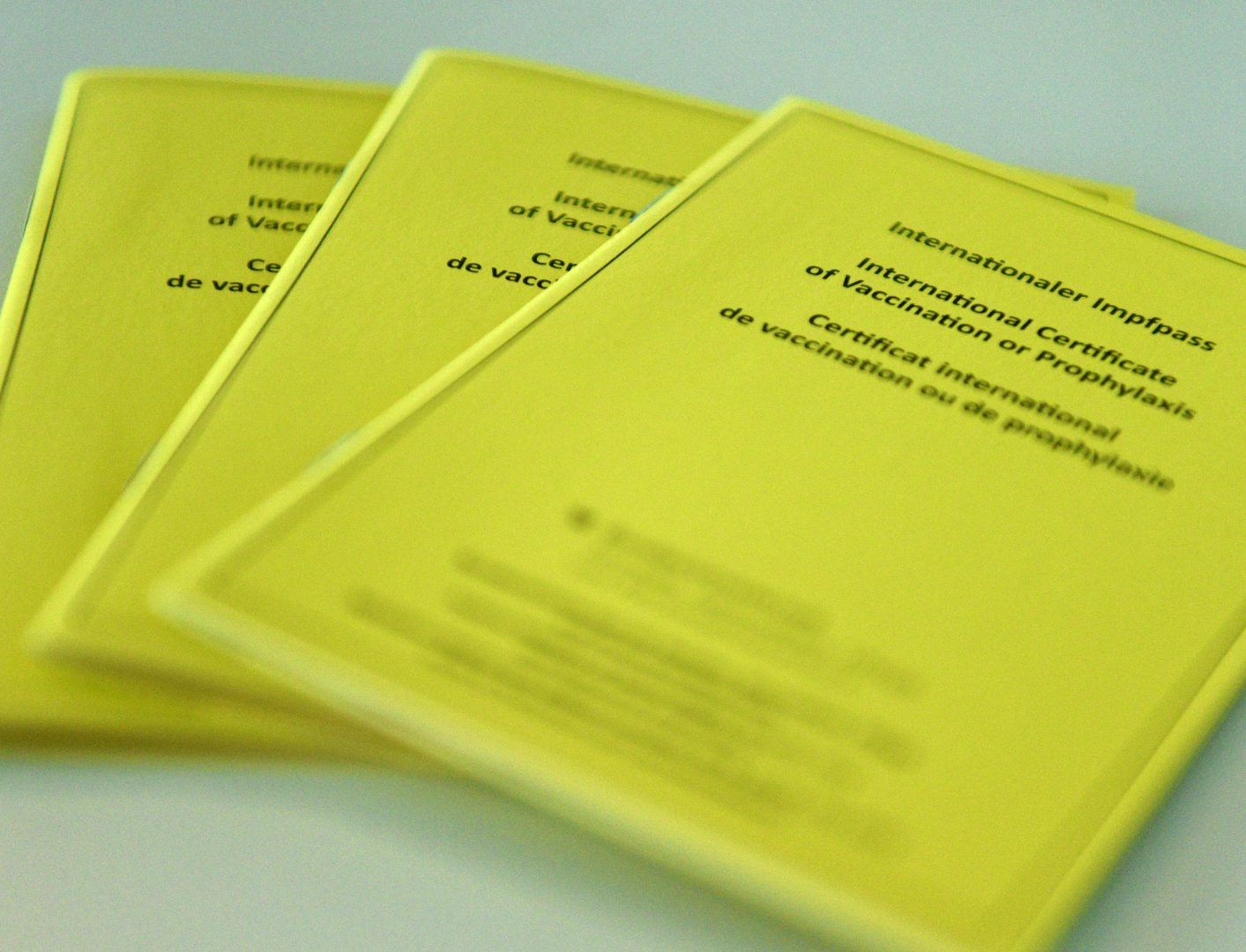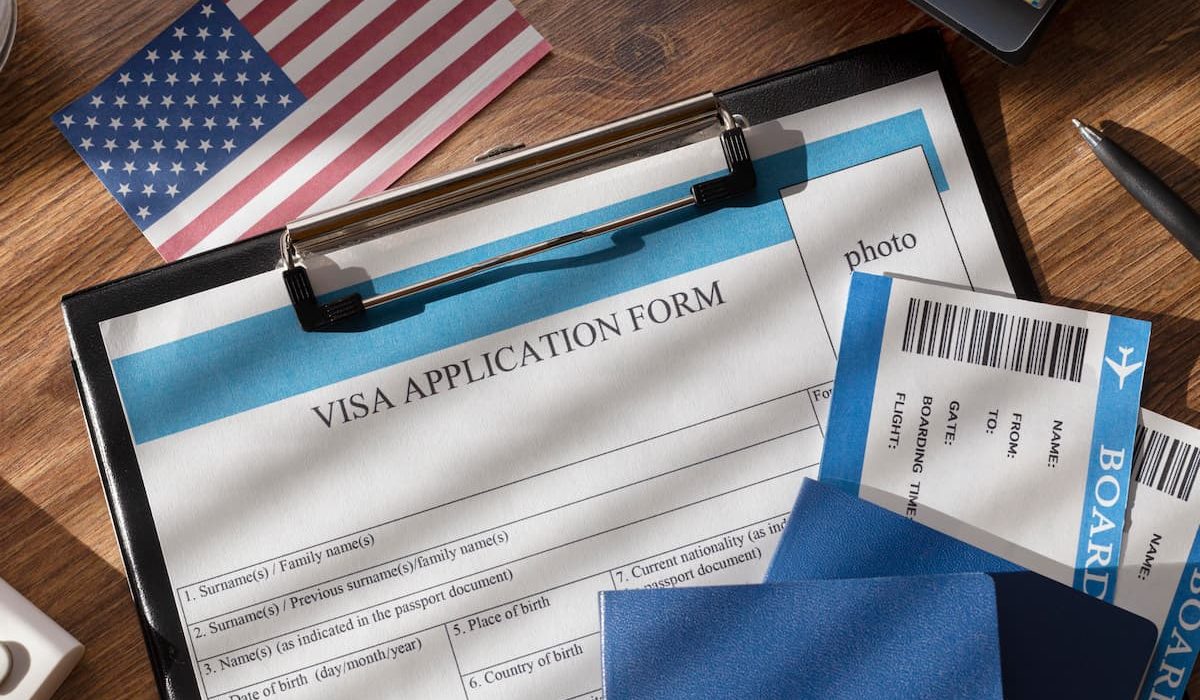Basic Steps for Registering a Company in Indonesia: A Guide for Foreign Entrepreneurs
If you are a foreign entrepreneur dreaming of starting a business in Bali, registering a company with a PT PMA (Penanaman Modal Asing) license is the first crucial step towards success. Let’s explore the fundamental steps and requirements for registering your company in Indonesia.
To initiate the process, you will need to provide the following information:
1. Company Name
According to Indonesian law, your company’s name must be distinctive and consist of three English or Indonesian words, with ‘company’ or ‘corporation’ terms not being counted within the name. The chosen words should comprise three or more letters and be free of punctuation marks. You can submit a name approval request through the online system, accessible to a notary: https://ahu.go.id/sabh/perseroan/pesannama
In case your chosen name doesn’t align with Indonesian legal requirements or resembles another company’s name, the application may be declined.
2. Determining Roles
For the registration of PT PMA, a minimum of two shareholders is mandatory, whether they are individuals or legal entities. These shareholders can either assume the positions of Director and Commissioner themselves or appoint other individuals, including Indonesian citizens, for these roles. PT PMA can be fully owned by foreign entities or involve partial ownership with the inclusion of an Indonesian citizen. The Director of the company must be a resident of Indonesia. If the Director is a foreigner, they must obtain a tax identification number (NPWP) and a limited stay permit (KITAS).
3. Ownership Percentage
Currently the immigration service is in the process of implementing new regulations; however, the precise changes and the timelines for their implementation have not been officially confirmed yet.
One of the primary changes that is already evident is that, in order for an entrepreneur to obtain an investor KITAS, their stake in the registered capital must be a minimum of 10 billion Indonesian Rupiahs per individual. Foreign investors are obligated to transfer the registered capital to a bank account in Indonesia. The required amount of registered capital may vary depending on the specific industry.
4. Contact Information (address, email, phone number)
Your company must be registered at a non-residential address. While a virtual office is permissible, it must align with your company’s business activities. If necessary, our agency can assist you in finding suitable office space and arranging a lease agreement.
5. Company's Legal Address
The company must be registered at a non-residential address. If you are using your own premises, you will need to provide:
The building’s address on Google Maps.
Photos of the building.
A lease agreement.
Land certificate.
IMB (Building Construction Permit).
Additionally, if your company’s activities permit, you can register it at a virtual office address. We can provide a virtual office for your company registration.
6. Description of Company Activities (KBLI - Klasifikasi Baku Lapangan Usaha Indonesia)
You can select up to 5 types of activities for your company. We recommend choosing one type of activity, as having more KBLI codes implies larger investment requirements. For instance, if you have 2 KBLI codes, the investment commitments increase to 20 billion IDR. The classifier is available on the OSS agency’s website. It’s crucial to select the correct code to maximize allowable ownership percentages, making consultation with specialists highly advisable.
7. Passport Scans of Shareholders
Once all the necessary data is provided, the following procedures must be carried out:
1. Establishment of a Legal Entity
This involves entering all information into the Articles of Association, specifying the types of activities, notarizing the documents with a local notary, and obtaining approval from the Ministry of Law and Human Rights.
2. Tax Registration
This step includes obtaining a tax identification number (NPWP) and a registration certificate from the local tax office.
3. Obtaining the Business Registration Number (NIB)
At this stage, you’ll need to register the company in the OSS (One Single Submission) system. After completing the form, you will receive the NIB (Nomor Induk Berusaha) number.
4.Obtaining Commercial Licenses
Each type of business activity requires a specific license. While the process is generally straightforward, certain high-risk activities may necessitate additional time, costs, and adherence to specific office requirements.
Typically, the registration process for a PT PMA company takes between 2 weeks to 2 months.

After registering your company, you can:
Legally conduct business and get income in Bali;
Employ staff;
Open bank accounts;
Apply for an investor’s KITAS (Temporary Stay Permit), after what your close family members can apply for a family KITAS;
Secure local health insurance.
Starting a business in Bali is relatively straightforward and can even be done remotely from outside Indonesia through online channels. The key is ensuring compliance with all relevant requirements.
Feel free to reach out to us if you need consultation on registering a company in Indonesia. The experts at Legal Indonesia will guide you on the correct procedures without incurring unnecessary expenses. Your path to success awaits you in Indonesia!













